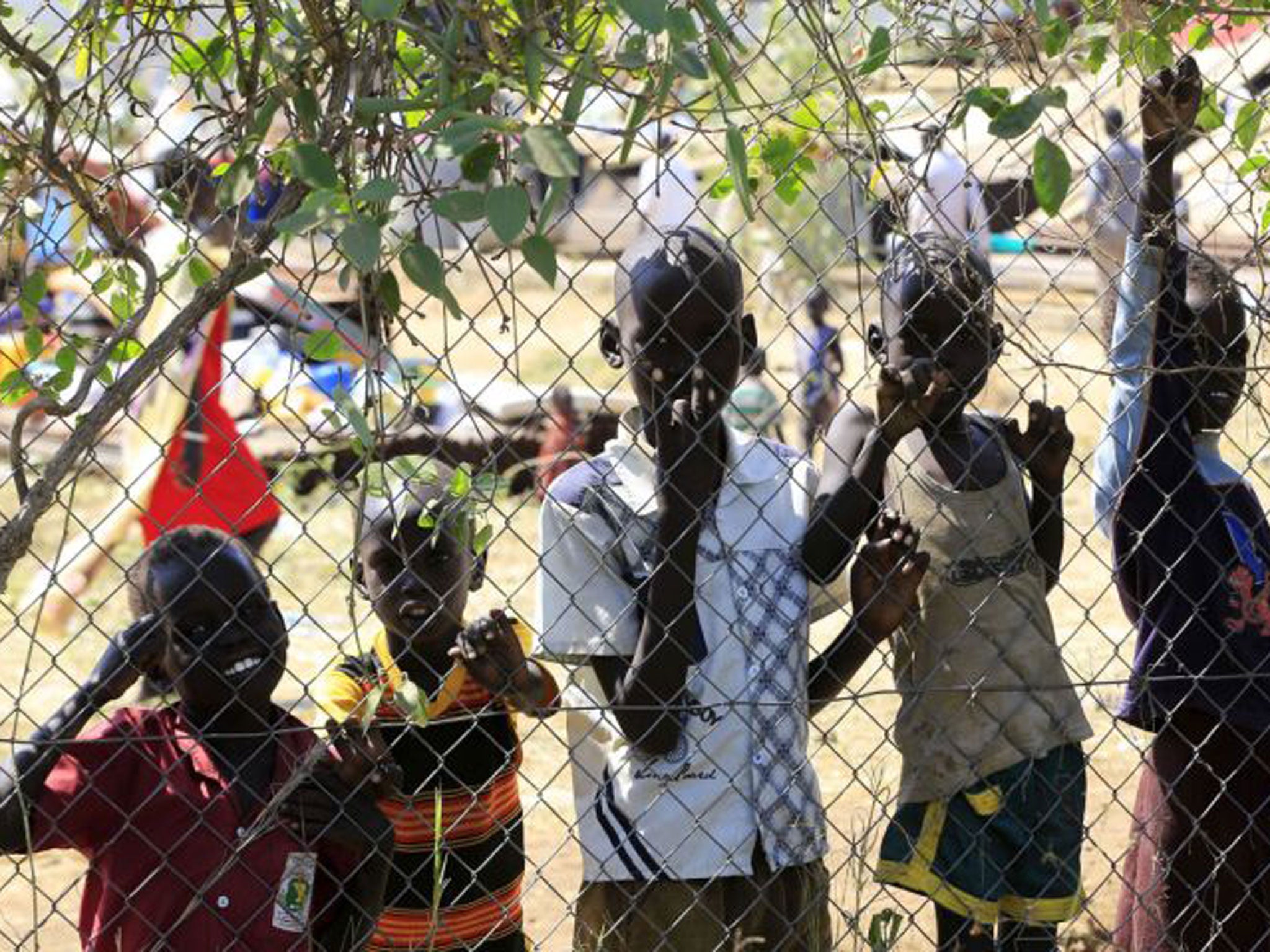South Sudan: Are we helping to create a country or merely creating ravenous clients for an army of Western experts and consultants?
World View: Is collective hatred of a bully enough to make a nation?


South Sudan, the world’s newest country, racked by civil war for the past fortnight, has one fundamental problem – and Bishop Santo Pio put his finger on it in his Christmas sermon.
Addressing not only his usual congregation but the hundreds cramming Juba’s cathedral who had taken shelter there from the fighting outside, he said: “We have never been a country before. We were communities under tribal chiefs, a monarchy where the whole community would follow one person. We were clans, tribes, communities… These are the different groups that we are to make a nation from.”
How do you make a nation from scratch? After nearly 40 years of civil war with the far stronger Arab and Muslim north, South Sudan felt strongly enough about its identity to vote overwhelmingly for independence in 2011’s referendum. But is collective hatred of a bully enough to make a nation? The vicious inter-tribal fighting of the past few weeks says not.
As the bishop pointed out, South Sudan never existed as a nation before but only as an aggregation of tribes. Africa’s difficulty in creating effective nation states is often laid at the door of the colonial powers and the arbitrary borders they created, but in fact those borders have often had a legitimising function. South Sudan lacked even that.
To the east, on the far side of Ethiopia, is the self-declared state of Somaliland. Its claim to legitimacy is that its borders are those of the short-lived colony of British Somaliland. It gained independence from Britain in 1960 and soon afterwards sank its fortunes in the dream of a pan-Somalian state, which would include parts of Ethiopia, Kenya and Djibouti. When that dream turned into a bloody nightmare in 1991, Somaliland remembered its colonial past and unilaterally declared itself independent within those borders. In stark contrast to the rest of Somalia, it has been at peace ever since. It has also been regularly and universally snubbed by the outside world, which refuses to recognise it as a nation.
South Sudan, by contrast, was brought into being with extravagant assistance from the outside world, which has poured around $1bn per year into building up its strength. We in Britain have played a large part. If you were to scan the Department for International Development’s website, you would have to conclude that it’s all gone rather well. Among the many programmes we have financed there, the South Sudan Peace Building Programme, for example, was “successfully implemented”, with the expenditure of £4 less than the £5,503,065 budget. The programme’s objectives, “to improve the effectiveness of key institutions and mitigate conflict and foster peace in South Sudan,” were said to be 100 per cent complete by the project’s conclusion in April last year.
Likewise DfID’s South Sudan Recovery Fund, which was set up “to assist the government of South Sudan expedite delivery of post-conflict recovery assistance,” etc, is expected to have eaten up more than £52m of its budget by June 2014. It too is well on track to achieve “successful implementation”. “Continued slow but steady improvement in the performance of the state stabilisation programmes” is reported. The only serious problem – the perennial lament – is a feared “funding shortfall”.
Yet despite all that money, all the acronyms and “implementation modalities,” the years of dedicated work by an army of experts and consultants, South Sudan still only exists as a state in the most fragile and contingent of fashions. Its government, while notionally democratic, is little more than a loose affiliation of mutually antagonistic warlords, yoked together by the copious funds provided by the western world. And often the money is tragically counter-productive. Donors quite understandably pour money into education and health – freeing the rulers to use the state’s oil revenue to create and fund thousands of state jobs. The new employees become their dependents.
After years of cultivation by the West, people like President Salva Kiir and his nemesis, ex-Vice President Riek Machar, know exactly what ‘democratic’ hoops they must crawl through to obtain the funds that keep them in business. But does any of that help to create a country? Or does it merely create ravenous clients?
Somaliland came into existence in the teeth of universal hostility and disapproval, and has created a national identity through defiance of the world’s opinion. Today it has plenty of problems, but it is proud, peaceful and relatively prosperous. There are lessons there to ponder.
Join our commenting forum
Join thought-provoking conversations, follow other Independent readers and see their replies
Comments
Bookmark popover
Removed from bookmarks